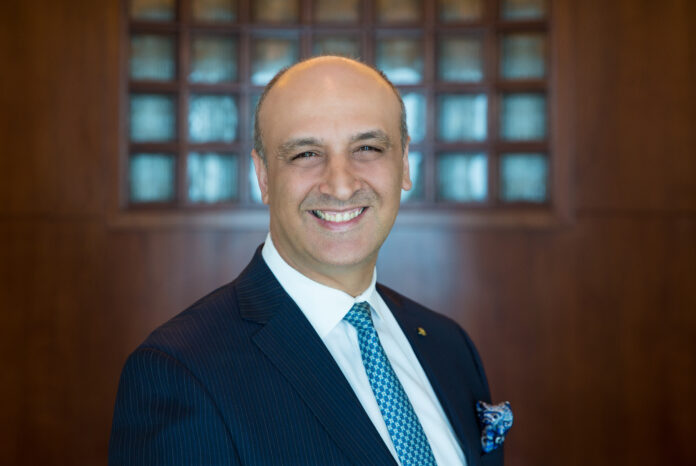The relationship of time and luxury is one aspect that we should thoroughly understand when we strategize and manage the luxury business. Once we grasp the nature of time in terms of stages in luxury, it becomes more meaningful and beneficial for all stakeholders. In basic terms, there are three time-stages for luxury products and services.
During the first stage, small or big, luxury consumers have dreams in nature. They have dreams that they wish to come true other than just answering their basic functional needs. When they have a basic product to satisfy their immediate needs, it becomes a commodity and has a minimal quality at lower cost. However, when consumers have a dream, it becomes a desire. They want to buy a luxury watch, a bag, a shirt, or a car; or have a great time in a luxury hotel where they can have caring service, delicious meals, creative drinks, comfortable room with a great functionality, awesome view, and alike. Before, they decide to visit the selling point and purchase the luxury product supported by luxury service, consumers take their time to continue to dream and it is very exciting. Therefore, they search a lot and try to match their careful selection to meet their dreams. In this stage, luxury brand marketing kicks in. From brand positioning and promise till reputation, brand marketing helps the luxury consumers on a pleasant, exciting, and promising decision.
The second stage is where the luxury consumer meets the luxury seller to buy and sell. Luxury sellers are the brand representatives or ambassadors. This meeting means more than a transaction exchange. This is the stage when the luxury consumers expect a luxury service in-line with the quality of the luxuryproduct itself to make their dreams come true. The luxury brands spend a lot of efforts, time and capital with creativity, promotion, marketing, and communication; designers and artists spend a lot of efforts to identify the design, choose the right materials and produce the luxury product with a desirable quality and packaging; they execute the logistics including transportation, delivery, stacking, distribution, and so on. Then, time comes for the luxury service experience to sell the luxury product to luxury consumer, from person to person, after the consumers have decided on the brand and product. Lack of luxuryservice should not be the cause of failure after all the above efforts have been spent.
The third and the final stage is the experience stage, where the luxury consumers make their dreams come true with the luxury products and the luxuryproducts that the consumers eventually acquire become prestige for the others. Regardless of the functional quality of the product, it helps to access pleasure; it becomes a social marker and positioning in society; acquiring the luxury good alone makes the consumers happy whether they use the product or not. Then all experience shifts to loyalty.
As a conclusion, relationship between luxury and time in stages is very important and understanding this relationship greatly helps to strategize and manage the luxury business professionally.
